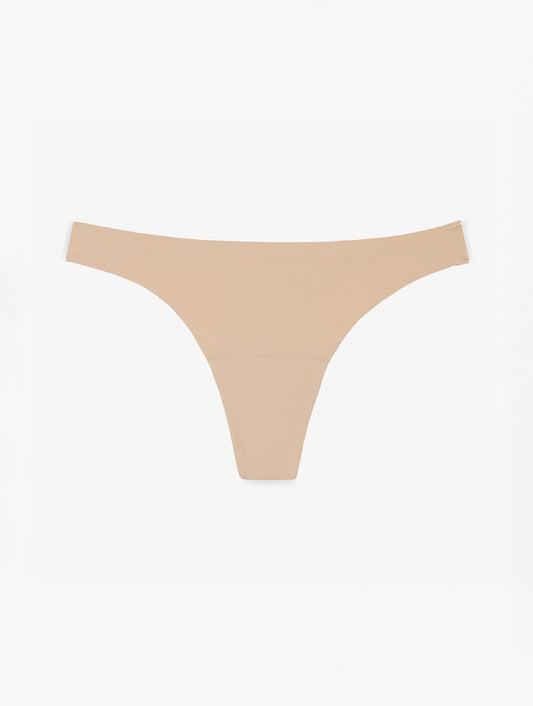The pill: choosing wisely
Invented in 1956 by an American professor from Harvard, the pill has only been authorized in France since 1967. A real revolution in the lives of couples, but especially women, its success has been dazzling. Although it remains the most prescribed contraceptive in France, the pill is gradually losing popularity: 60% of women used it in the early 2000s compared to 35% today. Let's take stock of everything there is to know about this contraceptive to make an informed choice!

Amphitrite Period Boxers
How does the birth control pill work?
The pill is a hormonal contraceptive whose main effect is to force our ovaries to take a vacation and block ovulation . It also causes two physiological reactions preventing fertilization: the cervical mucus thickens and the endometrium becomes thinner, preventing sperm from accessing the cervix on the one hand, and the egg on the other. to start nesting.
The two kinds of pills
Health professionals authorized to issue prescriptions will choose between the two existing categories of pills, depending on the profile of their patient. They are both effective but do not work in the same way. We will explain everything to you.
The estrogen-progestin pill (or mini-dose)
It is composed of synthetic estrogen and progestogen, in different dosages depending on the pill. We take this pill for 21 days, then we take a break for a week (you can also take 7 tablets that do not contain any hormones, just so as not to lose the habit of taking your pill every day).
During the pause phase, bleeding appears without being true menstruation: it is a hormone deprivation haemorrhage. This bleeding is usually less heavy and less painful than a real period, which is why the pill is often prescribed for women whose periods are very painful . When you don't take a break and you chain two packs of pills, there are no "rules" because you ignore the period of deprivation.
The progestin pill (or micro-dose)
As its name suggests, it contains… synthetic progestins. Some block ovulation - the periods then disappear completely, to the chagrin of brands of tampons, pads and more recently period panties - others do not. We take it every day, without interruption between two packs!
This kind of pill must absolutely be taken at regular times, otherwise after 3 hours of forgetting its effectiveness is no longer guaranteed. According to a very serious survey carried out in our group of friends, 100% of women using PP therefore have a daily alarm on their telephone.
How to get this oral contraceptive?
You buy the pill in pharmacies only on prescription. This can be provided by a midwife, a gynecologist or a general practitioner. The latter is mainly requested to carry out a renewal. For a first dose, it is best to contact a specialist.
It is also possible to go to a family planning.
What consequences on health?
The adverse effects of the pill are varied: nausea, headaches, weight gain, acne, hair loss or breast pain. If they become too bothersome, it may be worth changing the type of pill.
There are also contraindications. In particular, it is strongly recommended not to smoke when you are on the pill. Cardiovascular diseases and certain venous pathologies also prevent taking this hormonal contraception.
Finally, we know that the pill can increase the risk of developing certain diseases: phlebitis, pulmonary embolism but also heart attacks and strokes. With regard to breast cancer, no certain link has yet been established despite the numerous studies carried out throughout the world.
Like all contraceptives, the pill therefore comes with side effects. If it is prescribed almost automatically as the first form of contraception, let's not forget that other means exist to control one's fertility: copper IUD , hormonal intrauterine device, male or female condom, spermicide, etc. It's up to everyone to choose the one that suits them best :)
By Emily






























